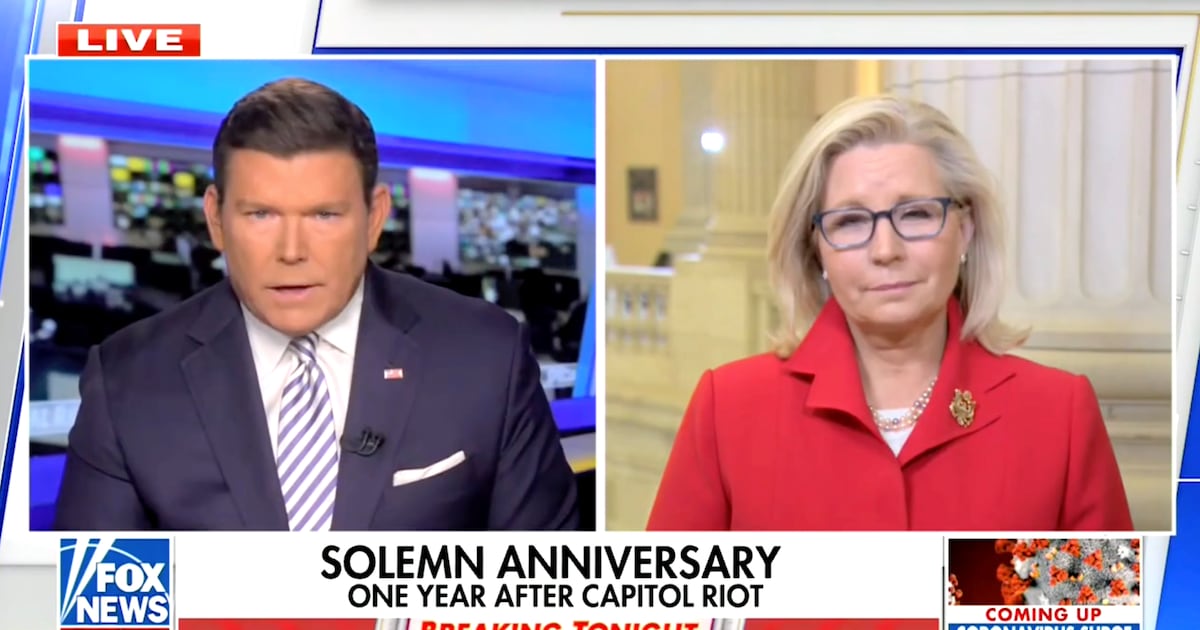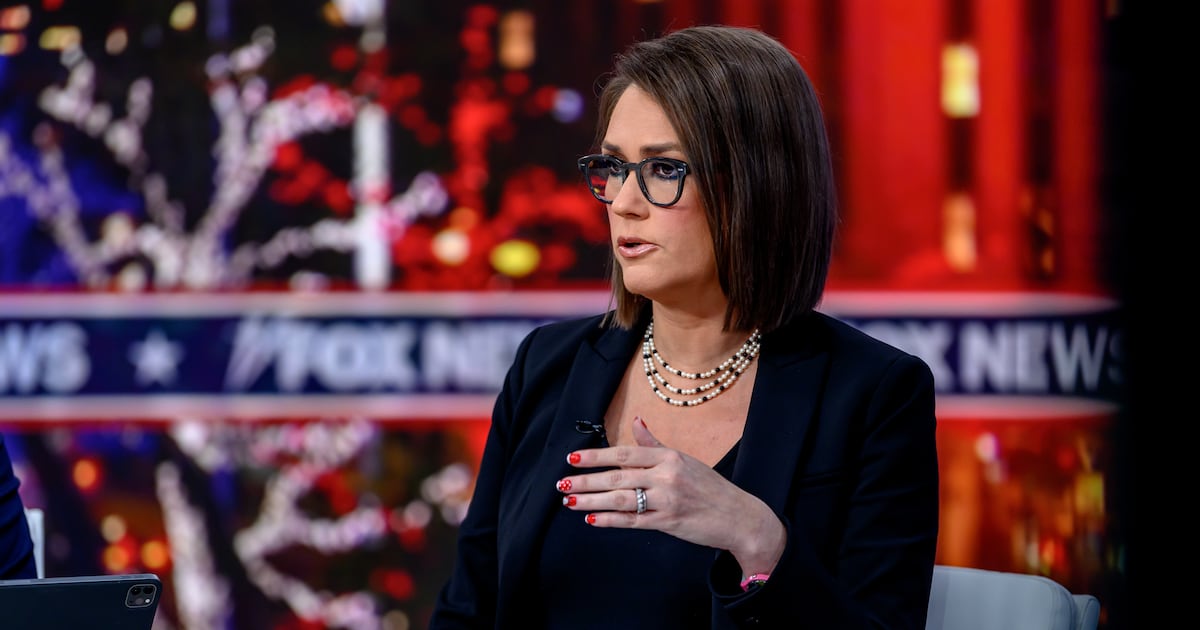Some days it feels like from Donald Trump there is no exit. And there are occasional days, as we’re learning, like there’s no exit from Donald Jr. But mostly it’s still Senior.
His presence is all consuming. On every social media platform. The conversation at the table next to you at dinner. Street art. Television shows. Sports talk radio. Trump. Trump. Trump.
We are living in a time where a different kind of president might be making only a minor ripple in the public consciousness. The country is not in crisis. The economy is slow but steady. There hasn’t been a terrorist attack on our soil in this administration. The near-catastrophic attack on GOP members of Congress on the Alexandria baseball field looks to have yielded no casualties.
ADVERTISEMENT
But yet this president envelops us daily with controversies of his own making and a revolving door of personal feuds. The specter of Trump hangs over us in a way that feels more typical of countries where you are constantly passing murals and other reminders of dear leader.
Last week when the president tweeted a video of himself clotheslining a person with the CNN logo as their head (quick aside: how is this a real sentence?) he marked, for now, the apotheosis of the reality TVified political culture.
The presidency as a pay-per-view special comes with its own set of problems but when it is combined with an ever-increasing public sense of the president as having few limits on his power it creates an especially toxic brew - and one that is far afield from the way the American presidency was intended.
In 1789, the Founding Fathers pioneered a noble experiment not before attempted in the history of the world. The idea was that the head of state was to be an elected representative of the people whose power would be checked by two coequal branches of government.
This newly styled head of state needed a name. The leader would not be an emperor to be bowed down to or a king to be exalted. Many of the Anglophiles who founded our government wanted the office to have the pomp and circumstance afforded by British nobility. Vice President John Adams, in all his vainglory, suggested that the title be “His Highness.”
George Washington was not too keen on becoming a Highness nor were many other members of the Senate interested in making him one. After a robust debate the members settled on a title, beautiful in its understated simplicity, that has lasted throughout our 240 years...Mister President.
The title “Mister President” encapsulates everything about how we are supposed to see the person who holds the office. A citizen-leader, constrained by laws and the Constitution, their power checked by legislators and courts. No more or less of an honorific than Mister Mayor or Mister Kindergarten Teacher.
This new type of head of state, while important, was frankly not intended to be the type of icon that had existed in the past.
In Federalist 69, Alexander Hamilton went to great lengths to explain the role of the presidency as highly limited, saying that “it would be difficult to determine whether that magistrate would, in the aggregate, possess more or less power than the Governor of New York.” He contrasts the president as someone who “would be amenable to personal punishment and disgrace unlike a king whose role is sacred and inviolable.”
Fast forward 200 years and this sense of the limited executive had begun to erode. Franklin Delano Roosevelt exploded this trend with the creation of the “Executive Office of the President” staffed by a brain trust of advisors and an expansion of the number of agencies under executive purview. In the television age this expansion of presidential power began to meet the power of celebrity. From Kennedy’s Camelot to Reagan’s Hollywood background, to “The Biggest Celebrity in the World,” the Oval Office has become less a place for nerdy bureaucrats and more a path to become the most famous person on the planet.
In 1974 Arthur Schlesinger Jr. wrote a book about the “Imperial Presidency” - an anti-constitutional trend toward a robust executive. The two presidents who preceded Trump pushed the envelope on executive power further than any since FDR. George W. Bush’s post 9/11 security state was followed by Barack Obama’s “pen and phone” strategy to advance his agenda without help from a Republican Congress. Thus continued the inexorable trend toward imperialism, where no president of either party took it upon themselves to reverse it and constrain their own power.
Neil Postman has become a Trumpian Nostradamus of sorts, with his prophetic 1985 tome about how television has a corrosive effect on politics and public discourse. In Amusing Ourselves to Death, he wrote about how the written word requires rational argument and nuance whereas television demands a higher entertainment value with a greater emphasis on images. Social media has exacerbated this, making our discourse not only grounded in images but in brevity. Gifs, 140 characters, meme lords.
Enter When he orchestrated a massive rally, the Air Force One theme song echoing over the loudspeaker, and delivered the message that “I alone can fix it” – his voters believed him, in part because over time they had been socialized to the idea that presidents can act alone and that Trump was a boardroom CEO who could make executive decisions.
The bull in a china shop approach to the beginning of his presidency showed that with few exceptions Trump believed it too. This administration filed a record number of executive orders in the first 100 days. The president tried to bully corporate CEOs who were considering outsourcing jobs. Sure, Trump the executive has been foiled in some areas, and our constitutional system has not completely eroded. But the idea that the President is all powerful is both pernicious and pervasive.
Decades of presidential idolatry and debasement of political discourse will not reverse overnight. But a front row seat for Presidential Apprentice should at minimum ensure reflection as to how we can begin to restore a political system that rewards more humility and accommodation.
For liberals, what could be a bigger wake-up call to the need to restrain executive power than President Donald J. Trump? And the remaining principled conservatives on Capitol Hill should use the opportunity to find common ground on erecting more safeguards against executive excesses while they have control of Congress.
If we return to the American ideal of a president of the people, a common man, constrained by laws and courts and legislatures, we can preserve our republic, safeguard it against future autocratic threats and reassert we the people as the central force in our republic.
And as an added bonus, it would allow all of us to experience our daily lives without being constantly clotheslined by the latest drama from Mister President.





